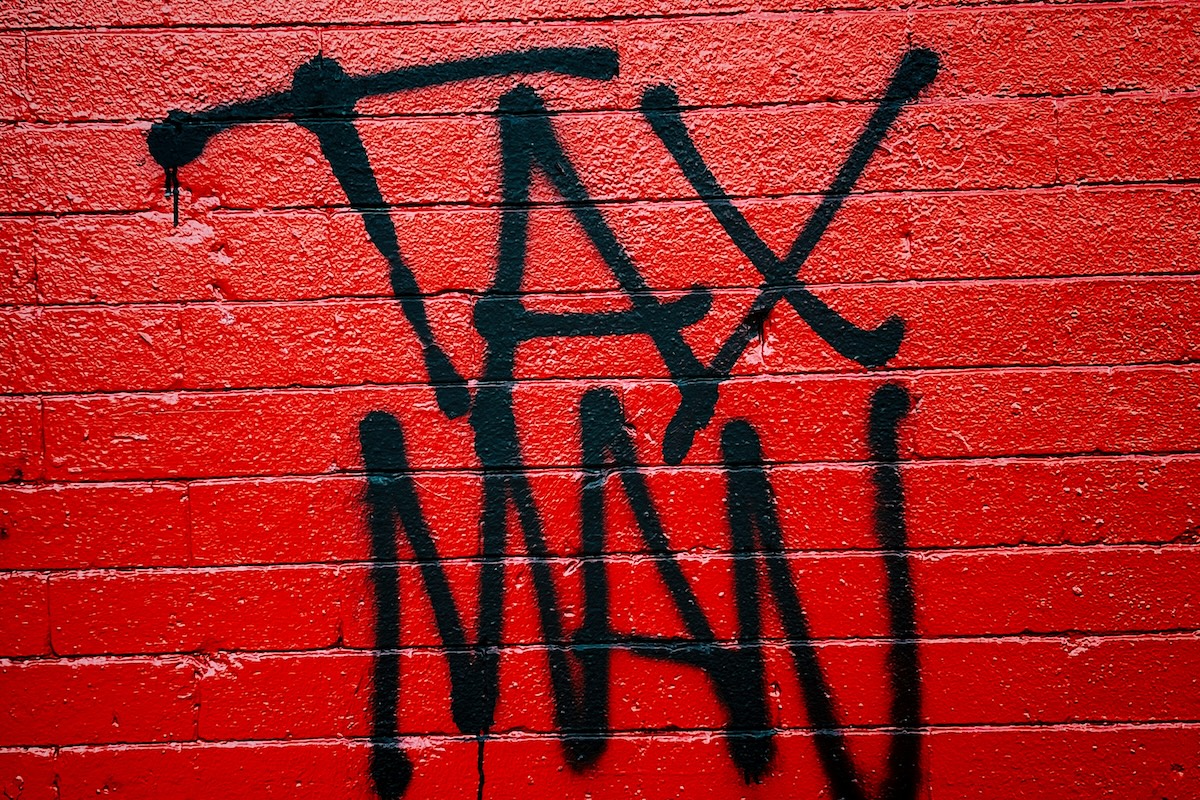

With a huge election win tucked under its belt, Labor is about to uncover big tax reforms.
Does Treasurer Jim Chalmers have the intestinal fortitude to make the reforms that are really needed, like a 15% GST, a reduction in income taxes and a tax system that can compete with the rest of the world?
Let’s take a look.
Spurred on by an electorate quietly baulking at Donald Trump’s silly tariffs, the Albanese Labor team won a landslide victory. But now we learn from Treasurer Jim Chalmers that he’s vowing to use this election win to make big tax reforms.
Apart from what he could be cooking up to take money from successful people, the other question is whether the Albanese Government would have secured such a big majority without keeping quiet what they really wanted to do on tax.
At least the Howard Government had to honesty tell the electorate before the 1998 poll that they would implement a GST if they won. That frankness cost them 18 seats in the House of Representatives.
So, the real test for a Treasurer who’s showing the guts to even mention tax reform, will be this: does he have the intestinal fortitude to make the reforms that are really needed?
Much needed reforms include a 15% GST, significant cuts in income tax and making our tax system competitive with other, lower-taxed Western economies that we compare ourselves to nowadays on the world stage.
And in case you’re not trained to pick out the wily ways of clever politicians, Dr Jim is telling us his tax reform agenda isn’t just about fairness but about boosting productivity and repairing the budget’s growing deficit.
He was honest in reminding us that defence and so-called “care economy” spending would hit the budget going forward, and net-zero climate demands don’t help reduce government spending. Also, early childhood education is a growing expense for future governments.
For now, let’s preview what he flagged “to be upfront” about, as he said at the National Press Club yesterday:
1. He’ll use the upcoming business roundtable conference on productivity to get consensus on any changes;
2. He disagrees with increasing the GST but isn’t closed to the idea. At least, that’s what he said;
3. He wants tax reform to boost productivity;
4. He’s looking at taxing the resources sector more heavily;
5. Taxing electric vehicle (EV) drivers for using roads based on the kilometres they drive, and,
6. He’s still backing taxes on unrealised gains for trustee’s super fund balances over $3 million.
On the related subject of productivity, The Australian reported that “the Treasurer named priorities including regulation to support artificial intelligence, faster approvals for homes and major products”, and "cutting red tape without lowering standards.
“Tax reform is bigger than just managing the difficult balance between spending and collecting…it's actually about encouraging investment, lowering the personal tax burden and increasing the rewards from work," he wisely said.
Ultimately, this upcoming productivity roundtable will be used to find reforms that will hopefully pull off the double play of fixing the budget deficit and increasing productivity at the same time. But in fact, if the Federal and State Governments worked in sync, and say killed the greatest productivity-killer tax of all – that is, the payroll tax, which taxes growing successful companies when they create jobs - then we’d know the Treasurer’s desire for productivity was fair dinkum.
And this team of productivity-killers - Federal and State governments - would show demonstrate their actual commitment to boost productivity that pumps up growth and income (so more taxes are received!). That would seriously reduce red tape.
I’ve been in business for over three decades. I can’t recall any reduction in red tape over that time. I know I pay more and more for doing work for the various government departments at all levels.
Nowadays we’re all doing work for the likes of Telstra by paying bills online, which defies an intelligent person’s capabilities. When failure to pay online because you can’t answer all the security questions, you opt for a phone payment. When you fail those ‘security’ questions there to protect the person paying the bill (what is this all about, you’re paying the bill?!), then you’re transferred to an operator (hopefully human). You’re then told by the best telco in the country that the wait will be, wait for it, one hour! You hang up! And then your phones are cut off for not paying the bill.
Big businesses are chasing productivity by killing the productivity of other people and other businesses by having everything so automated that you can’t get through!
Guess which politician knows or even cares about this? I’d say there’s no answer to this question!